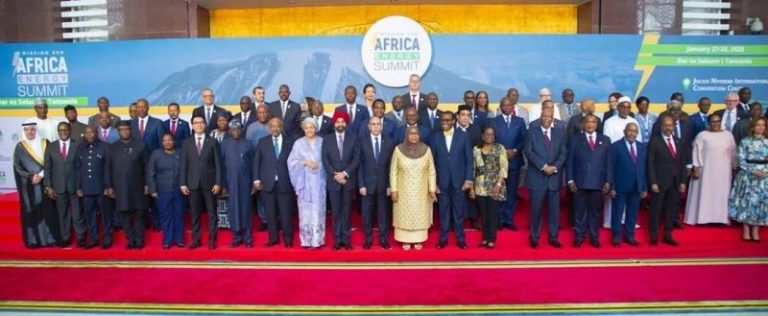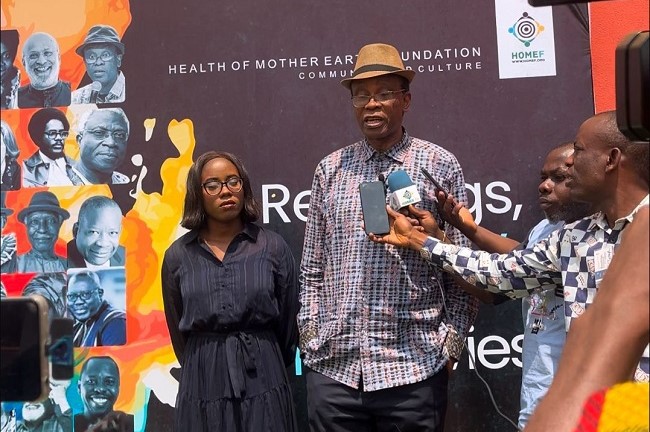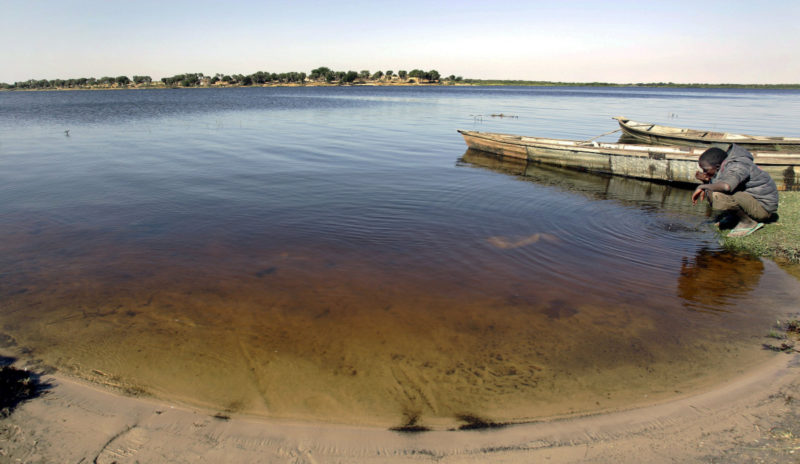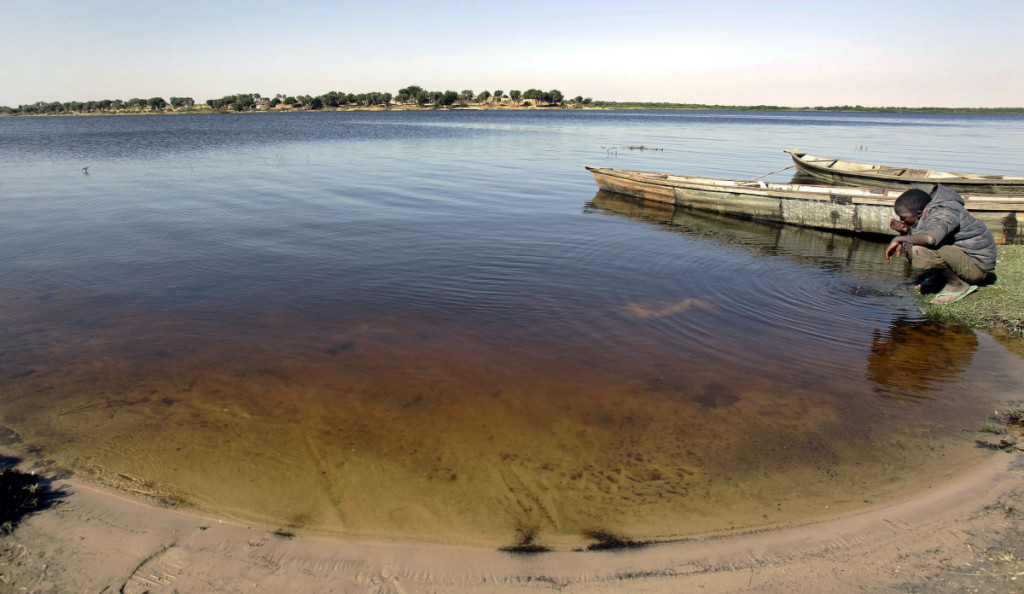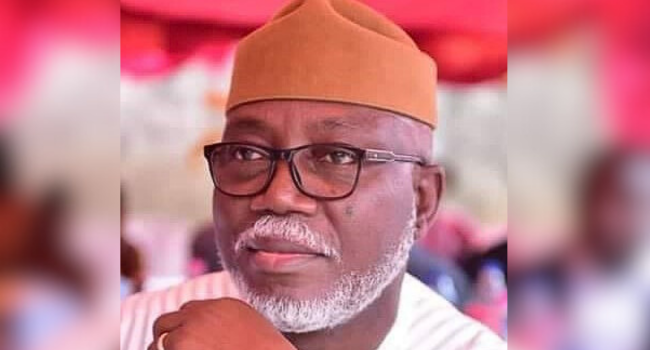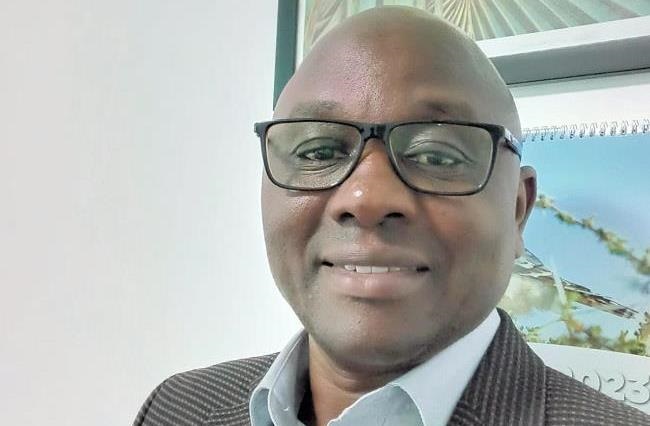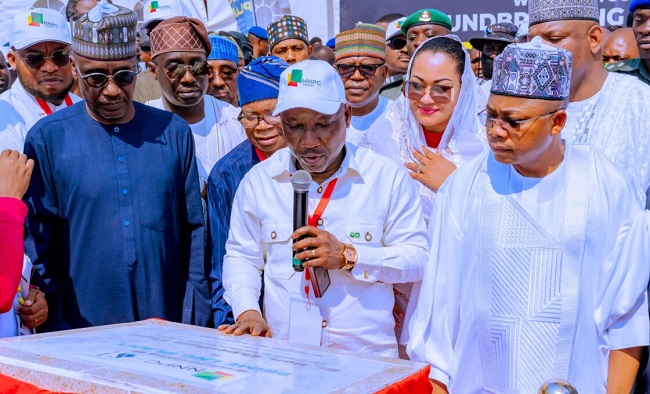Denmark, the United Kingdom, Spain and France have unveiled new or additional contributions to the Sustainable Energy Fund for Africa (SEFA), demonstrating strong support for the African Development Bank-managed fund as it expands energy access across Africa, including through the Mission 300 partnership. Another new donor – Japan – joined in December 2024 with a $5 million contribution under AGIA.
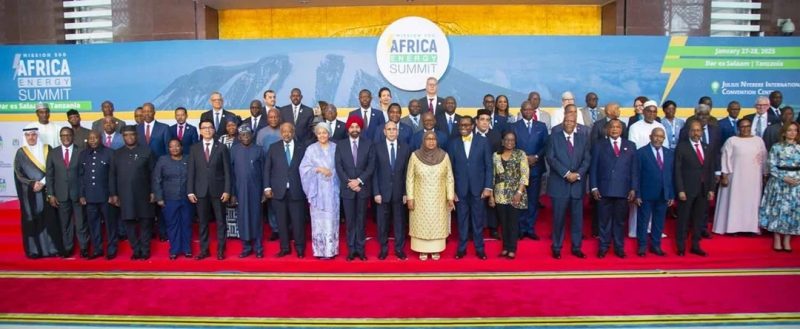
SEFA is a multi-donor Special Fund that provides catalytic finance to unlock private sector investments in renewable energy and energy efficiency. It aims to contribute to universal access to affordable, reliable, sustainable, and modern energy services for all in Africa in line with the New Deal on Energy for Africa and Mission 300.
Mission 300, an ambitious new partnership of the African Development Bank Group, the World Bank Group and other development partners, aims to provide access to electricity to an additional 300 million Africans by 2030.
France, a new donor to SEFA, will provide €10 million. Denmark, the UK and Spain will increase existing contributions by DKK 100 million (€13.4 million), £8.5 million (€10.13) and €3 million, respectively.
France’s contribution will bolster the Africa Green Infrastructure Alliance (AGIA), a platform of the African Development Bank, Africa 50 and other partners that will develop transformative sustainable infrastructure projects for investment.
These contributions come as SEFA enjoyed its best year on record in 2024, with $108 million approved for 14 projects. SEFA now boasts a portfolio of over $300 million in highly impactful investments and technical assistance programmes, which is expected to unlock up to $15 billion in investments and deliver approximately 12 million new electricity connections.
Denmark’s Acting State Secretary for Development Policy, Ole Thonke, said: “Africa is endowed with enormous untapped potential for renewable energy, which can fuel green industrialisation. The latest Danish financial contribution to SEFA will focus on the newly established Africa-led Accelerated Partnership for Renewables in Africa (APRA), further supporting the continent’s ambitious development and climate goals.”
“We are halfway through this decisive decade to achieve the sustainable development goals and get on track to tackle climate change,” said Rachel Kyte, UK Special Representative for Climate, Foreign, Commonwealth and Development Office. “Achieving our collective goals of reliable, affordable and clean power is a golden thread that links economic growth, greater investment, strengthened resilience and climate ambition. By accelerating the roll-out of clean power, the UK and Mission 300 are putting green and inclusive growth at the heart of our partnerships with Africa. Our announcement of an additional £8.5 million in UK funding for the AfDB’s SEFA will mobilise the much-needed private sector investment so that more Africans can access clean power right across the continent.”
Inés Carpio San Román, Alternate Governor of Spain for the African Development Bank, said: “We are pleased that Spain has decided to renew its support for the SEFA fund with a contribution of €3 million. This reaffirms our commitment to the crucial sector of renewable energy, which plays a key role in fostering sustainable development across Africa.”
“As a strong supporter of Africa’s green infrastructure investments with financial tools that mobilise private finance, France is proud to contribute €10 million to the AGIA through SEFA,” stated Bertrand Dumont, Director General of the French Treasury and Governor for France at the African Development Bank. “This very first contribution is our first step towards reinforcing Africa’s sustainable development and accelerating the continent’s path to a low-carbon economy. By investing in green infrastructure in Africa, we are investing for the future.”
Dr Daniel Schroth, Director of Renewable Energy and Energy Efficiency at the African Development Bank, said: “We welcome the new commitments from donors whose support underscores the impactful work of SEFA. These contributions are essential in enabling SEFA to fulfil its role as a key delivery vehicle for Mission 300 at this pivotal moment.”

